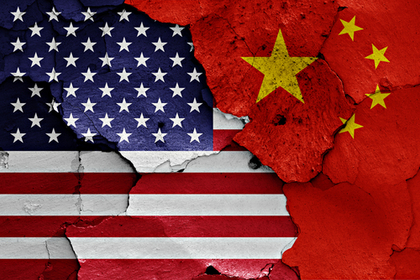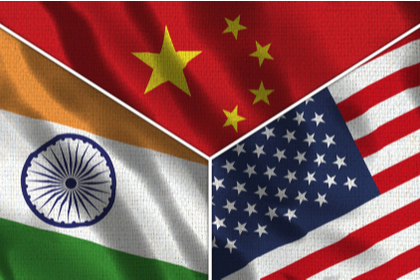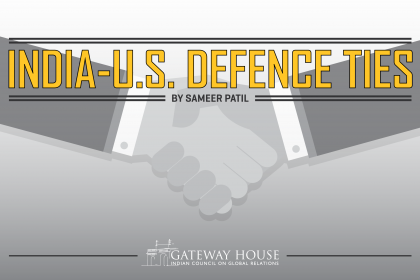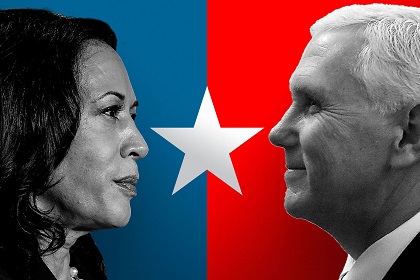SCO: Time for a revised Charter
The expansion in membership of the Shanghai Cooperation Organisation (SCO) is an opportunity to review, possibly revise and widen the scope of its Charter to make it more suited to address the concerns of all its members, including new ones like India. This paper recommends what the changes in the SCO Charter ought to be by comparing it with the successful ASEAN charter.











